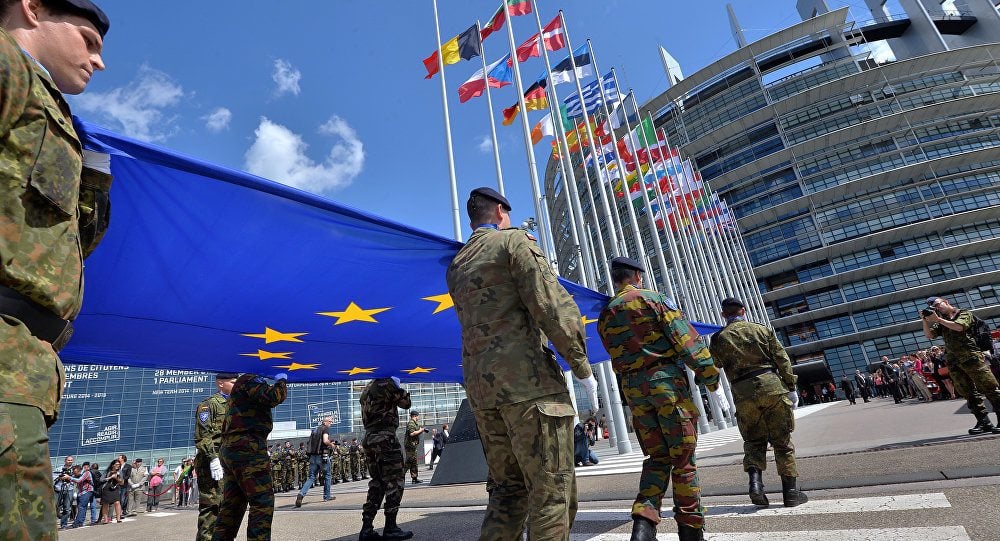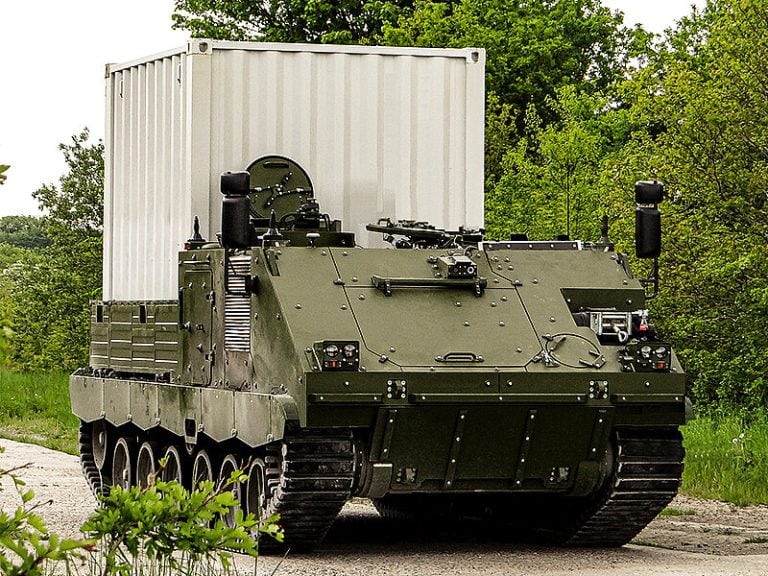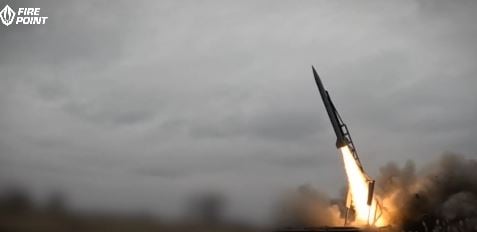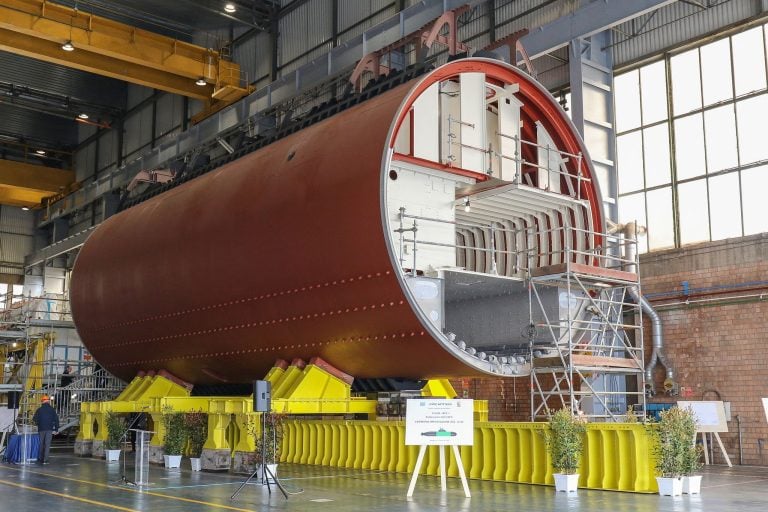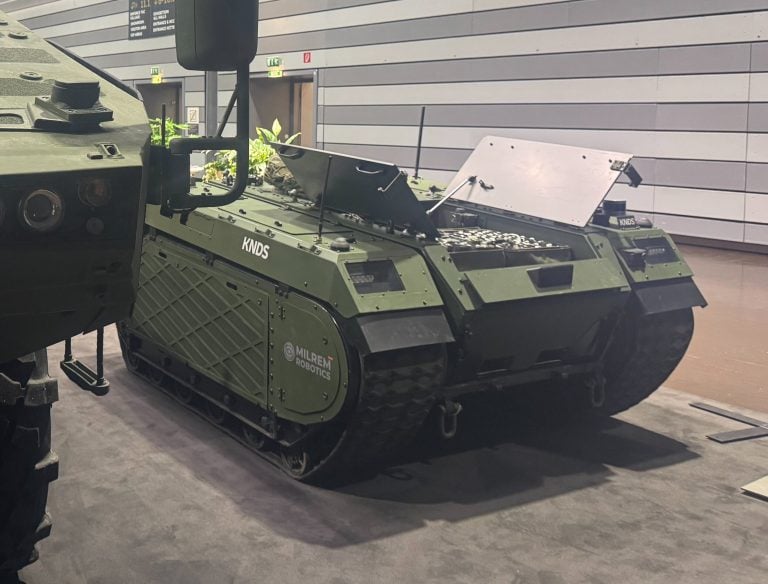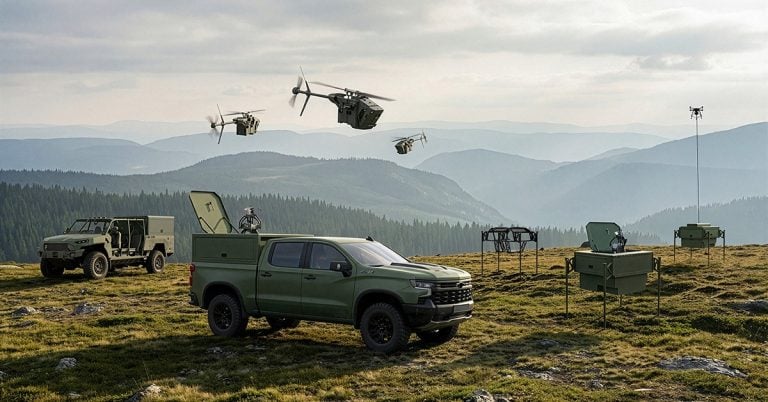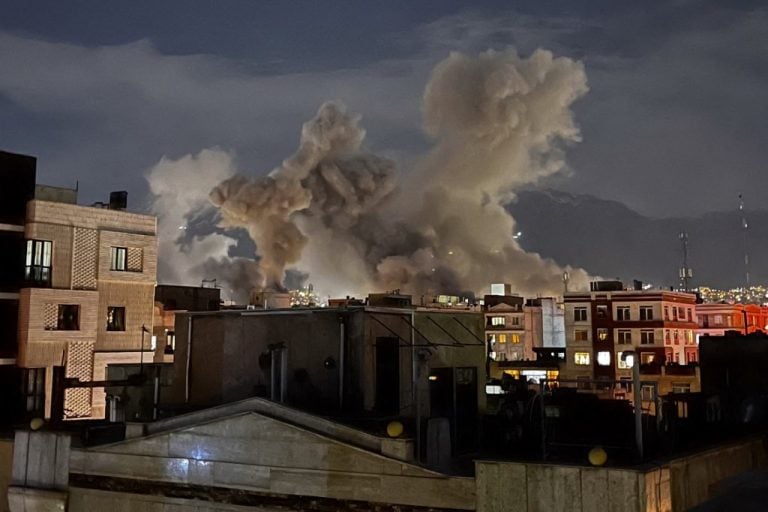The European Union has made a significant move by unveiling its inaugural plan aimed at stockpiling essential goods, including food, water, fuel, and medicines, to prepare for potential crises. This initiative was announced amid escalating tensions and fears regarding a potential conflict with Russia, which is actively engaged in a war against Ukraine.
The newly introduced “stockpiling strategy” reflects the EU’s response to increasing alarms from NATO about Russia’s possible aggression towards the alliance within the next five years. In light of these concerns, the 27-member bloc is undertaking a comprehensive readiness initiative designed to strengthen its military capabilities and ensure it is equipped to defend itself by the year 2030.
Hadja Lahbib, the EU’s crisis management commissioner, emphasized the straightforward objective behind the stockpiling plan: to ensure that vital supplies essential for maintaining societal functions and saving lives remain consistently accessible. “The more we prepare, the less we panic,” she stated, highlighting the importance of preemptive measures.
The stockpiling plan aims to maintain the availability of key resources during various emergencies, including major energy outages, natural disasters, armed conflicts, and public health crises. To achieve this, the strategy involves creating a coordinated network among member states to assess and address supply gaps, while also reinforcing EU-level stockpiles.
However, the readiness levels across the EU’s member states differ significantly. For instance, countries like Finland, located on the EU’s eastern border and sharing a lengthy boundary with Russia, have long prioritized their preparedness for possible conflict scenarios. Lahbib noted the unique concerns of different countries, explaining, “Of course, if you have a 1,000-kilometer border with Russia, you will feel threatened potentially by a war… But in Spain, for example, wildfires may represent a more immediate threat.”
Despite these varied risks, Lahbib pointed out that crises stemming from both conflicts and natural disasters can have similar impacts on citizens, particularly through disruptions in energy supply. To mitigate such challenges, she advocated for a systematic stockpiling approach across all EU member states.
As part of its proactive measures, the EU has also issued recommendations for households, advising them to prepare a survival kit that should include water, food, and flashlights to sustain them during emergencies. This guidance represents a wider effort to promote safety and resilience among European citizens in the face of unpredictable challenges.
